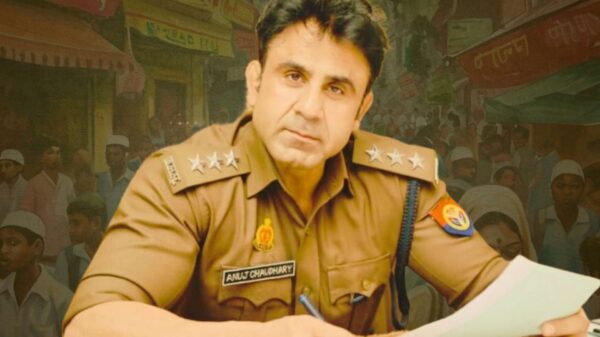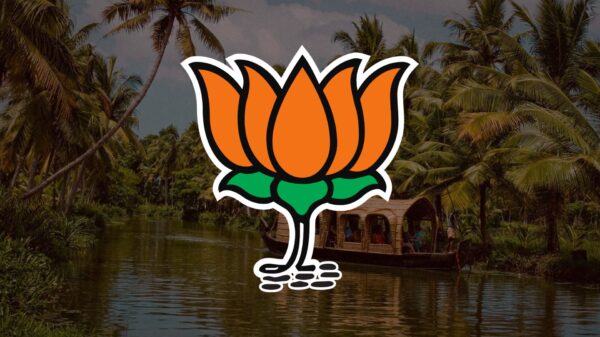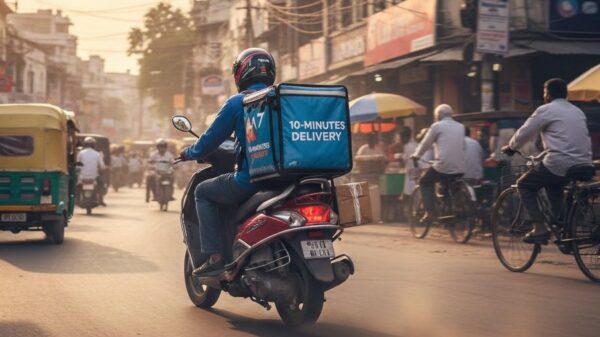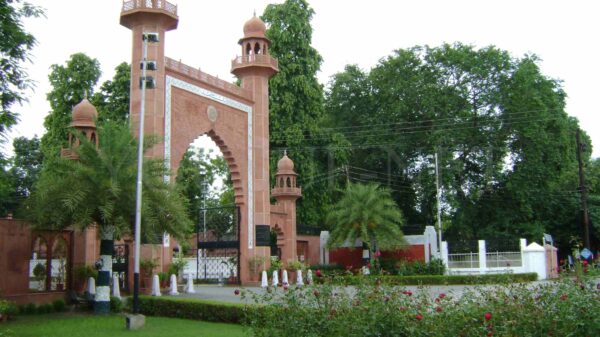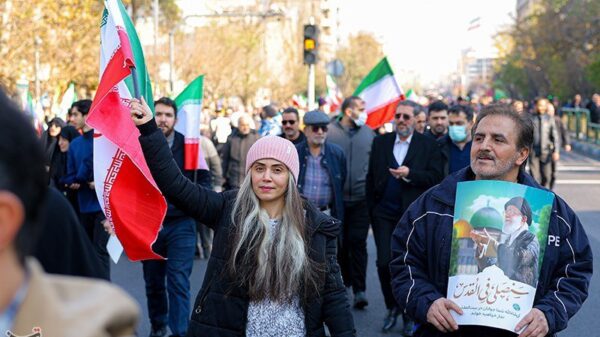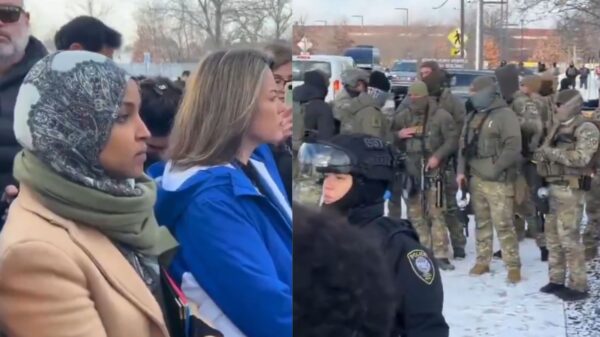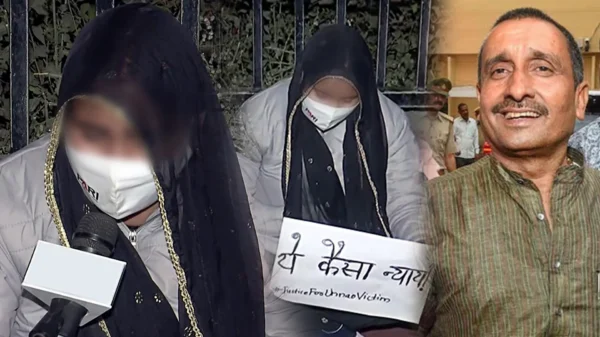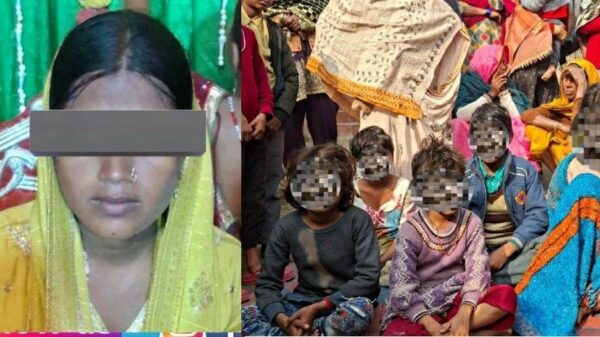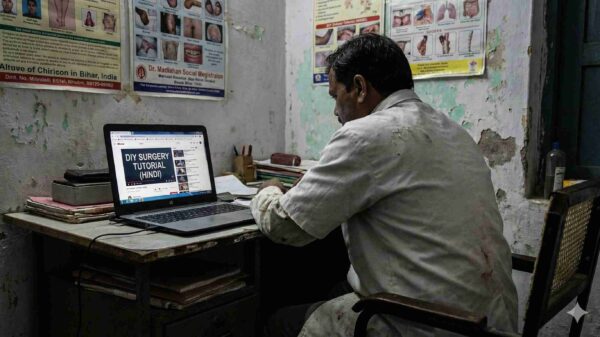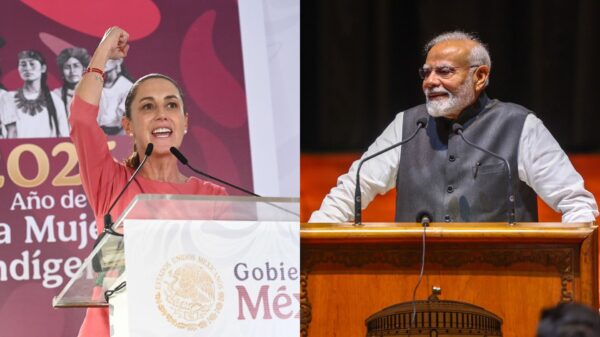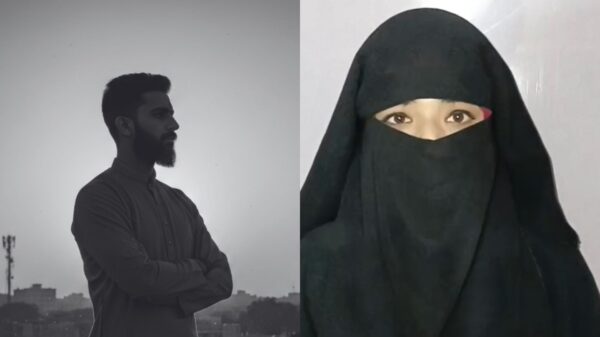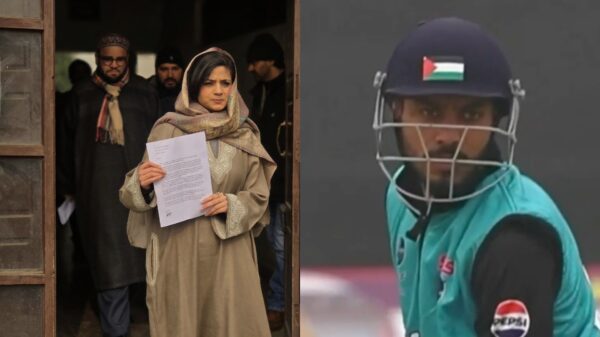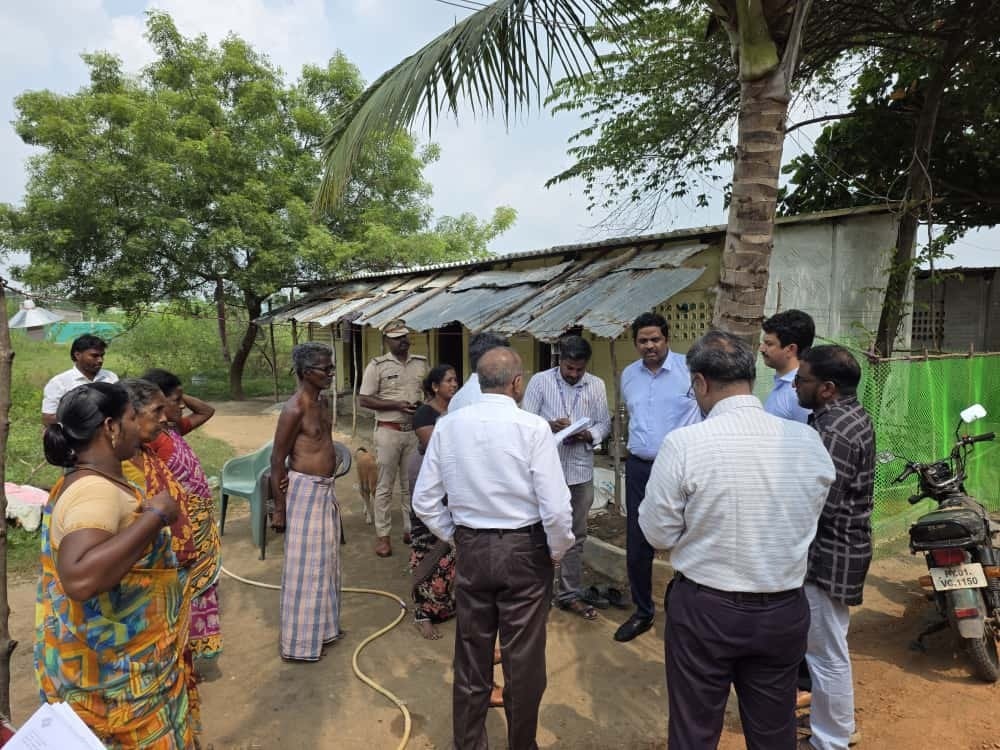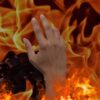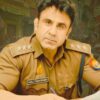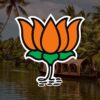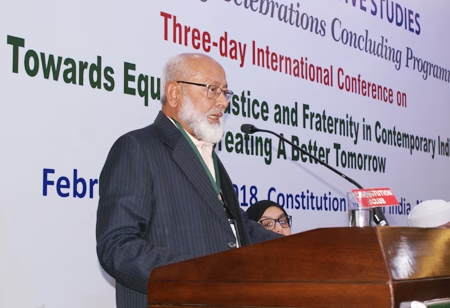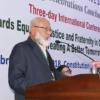A booth level officer in the Mal block of Jalpaiguri district in West Bengal was found hanging outside her home on Wednesday morning, according to a report by The Telegraph. The woman, Shanti Muni Ekka, had been working on the special intensive revision of electoral rolls that began in the state on November 4.
Her family said she had been under severe pressure because she had to go door to door every day as part of the work. They also said she could not speak, read or write Bangla, which made her duties even more difficult. Her husband, Sukhu Ekka, told reporters that she had to leave home at seven in the morning ever since the exercise began and could return only by afternoon. The family added that she had asked the joint block development officer of Mal block to relieve her from the duty, but she had been told to continue.
West Bengal Chief Minister Mamata Banerjee said she was deeply shocked and saddened by Ekka’s death. In a social media post, she claimed that Ekka took her own life because of unbearable pressure from the ongoing work. She also said that twenty eight people have died since the voter roll revision was announced in the state, some out of stress, fear or uncertainty. Banerjee accused the Election Commission of creating an unplanned and relentless workload. She said that a process that earlier took three years is now being forced into two months and that this is being done to satisfy political powers. She urged the Commission to act with conscience and stop what she called an unplanned revision exercise.
Similar incidents have been reported in other states. On Sunday, two booth level officers in Kerala and Rajasthan died by suicide, and their families said work pressure related to the voter roll revision was the reason.
The electoral roll revision is taking place in twelve states and Union Territories, including West Bengal, Kerala, Rajasthan, the Andaman and Nicobar Islands, Goa, Puducherry, Chhattisgarh, Gujarat, Madhya Pradesh, Uttar Pradesh, Tamil Nadu and Lakshadweep. Assembly elections are expected in Tamil Nadu, West Bengal, Kerala, Assam and Puducherry in the first half of 2026.
Those who prepare voter lists are usually school teachers and anganwadi or health workers appointed by state governments. They are required to verify new voters and update records of those who have died or moved away. Each booth level officer is responsible for one polling booth, which can have up to fifteen hundred registered voters.
The draft electoral rolls for the twelve states and Union Territories will be published on December 9. Objections and claims can be submitted from December 9 to January 8. Hearings and verifications will continue until January 31, and the final electoral rolls will be published on February 7.
Several petitions have already reached the Supreme Court, raising concerns that the special intensive revision may remove eligible voters from the list. In Bihar, the voter list revision was completed ahead of the Assembly elections in November, and the final list published on September 30 removed at least forty seven lakh voters.






